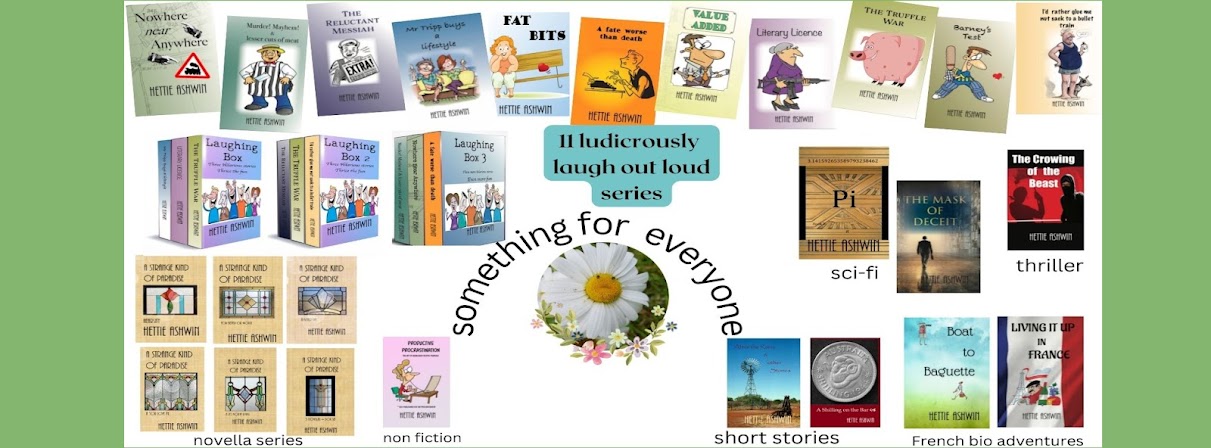So try pairing strange things together.
If you are organised then make a list of nouns...bed, house, dog, car, door, football, teapot etc then make a list of adjectives and adverbs, slowly, reddish, quick, probably, easy, gooey, sticky etc.
Now put the pairing together randomly. A sticky house, an easy teacup, a gooey football.
These make interesting reading, but the point is that they sound unusual.
'The sticky house refused to budge from his memory'
She surveyed the fight and the teapot lying on it's side in an easy, come get me attitude.
See how you can play with the couplings. They might spark a story, give the words a twist and improve the reading experience.
Try to think of collective nouns.
A flock of geese. but what if it was a flock of quilts.
A murder of crows. How about a murder of cutlery.
A gaggle of hen pecked husbands.
You get the idea.
Now think of things that defy the collective noun.
buttons? A hoopla of buttons.
sandwiches? A queue of sandwiches.
Made up words work well if in the right context.
If it was good enough for Will Shakespeare then we can do it too.
He flandled about in the alleyway until well past the hour.
making your own words sometimes just suits the occasion.
Give it a try.
"Blatter," the child yelled as his mother took a strong hold of his hand.

One monkey too fly.
ReplyDeleteI love making up words! Hi, I'm Robynn. Just visiting from the blog fest over at Indies U!
ReplyDeleteRandling! New tv with Andrew Denton
ReplyDeleteLoved this post! Great things can come from playing with words.
ReplyDeleteIt stimulates the writing experience and makes you think a little harder on what you want to convey.
DeletePerfect timing, I was looking for a theme for a post on classroom exercises that involve writing, this was a great topic (http://montpelierbearpond.blogspot.com/)
ReplyDeleteGlad you like it.
ReplyDelete